In a city where owning a car is literally the worst, most rely on public transportation—the average weekday subway ridership is 5.7 million. When the subway first opened in 1905, the cost for a ride was $0.05. In 1995 it was $1.50 and in the 22 years since it has climbed to $2.75 for a ride. That $2.75 per ride is potentially unsustainable for low-income New Yorkers. For 300,000 of the city’s working poor, transit expenses amount to 10 percent of their family budgets. In 2005, more than a quarter of poor New Yorkers were unable to afford the subway at least once, which is a problem when affordable housing is outside of job-rich hubs.
The most recent subway hike went into effect on March 19. The base fare of $2.75 stayed the same, but the seven-day pass increased by $2.00 and the monthly pass went from $116.50 to $121—a nearly four percent increase.
In January 2017, 2,000 people were arrested for turnstile-jumping—a majority of them young blacks and Latinos. In 2015, an incredible 92 percent of arrests for ducking the subway fare were people of color. The cost of an arrest is high—hundreds of dollars per day to be detained, plus an arrest will land immigrants on ICE’s radar. Low-level crimes like turnstile jumping are harshly punished under the Immigration and Nationality Act. The NYPD Commissioner, James O’Neill, recently admitted that an immigrant could be deported as the result of a turnstile jumping arrest. What all of this amounts to is a very high price for being unable to afford a $2.75 subway swipe.
To fight back against Broken Windows policing arrests that target those unable to afford the subway, the Police Reform Organizing Project, The Coalition to End Broken Windows, Black Lives Matter NYC, and others are promoting a #SwipeItForward action. The call to action asks those with unlimited monthly Metrocards to share a swipe at the end of their ride—which is legal per MTA rules. #SwipeItForward signs encouraging riders to “Give, don’t ask” are posted inside subway stations around the city. The sign also reminds New Yorkers that the cost of turnstile jumping arrests are not only high for offenders, but for taxpayers as well. Each arrest costs the city about $1,750 a year which in 2015 amounted to close to $51 million dollars for taxpayers.
Riding the subway isn’t most people’s idea of a good time, but it is the life blood of an incredibly large, incredibly populated city. In 2015, 25 percent of low-income subway riders were unable to receive medical care because of subway cost and 27 percent reported that subway fares prevented them from looking for a job further away from their home. In addition to the arrests that are starting to receive more and more attention, the subway hikes are punishing those who are less visible, those who choose not to risk jumping turnstiles even to see a doctor or make a job interview.
















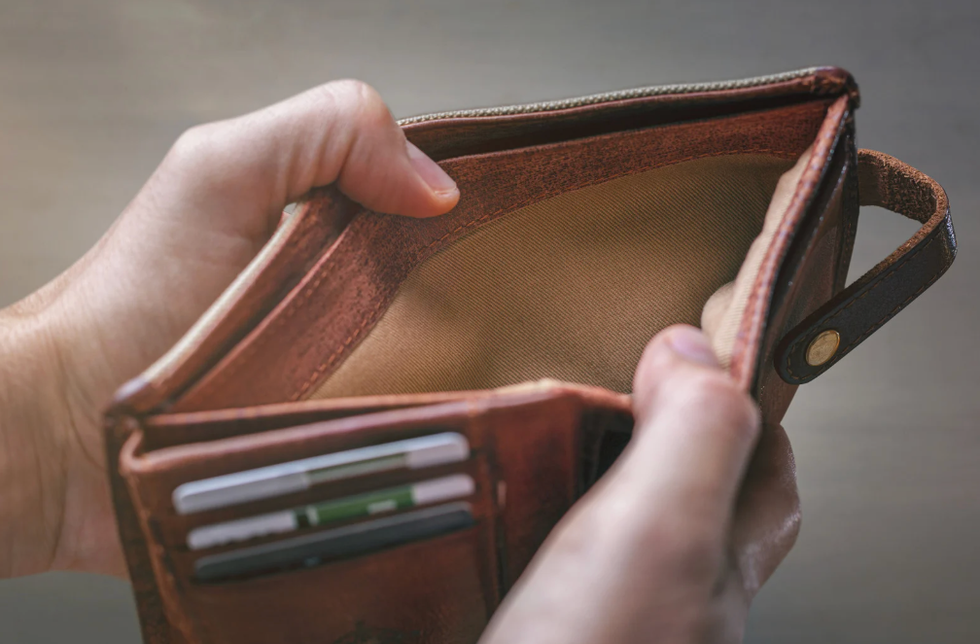 Take home pay is becoming less and less as expenses rise year after year.Photo credit: Canva
Take home pay is becoming less and less as expenses rise year after year.Photo credit: Canva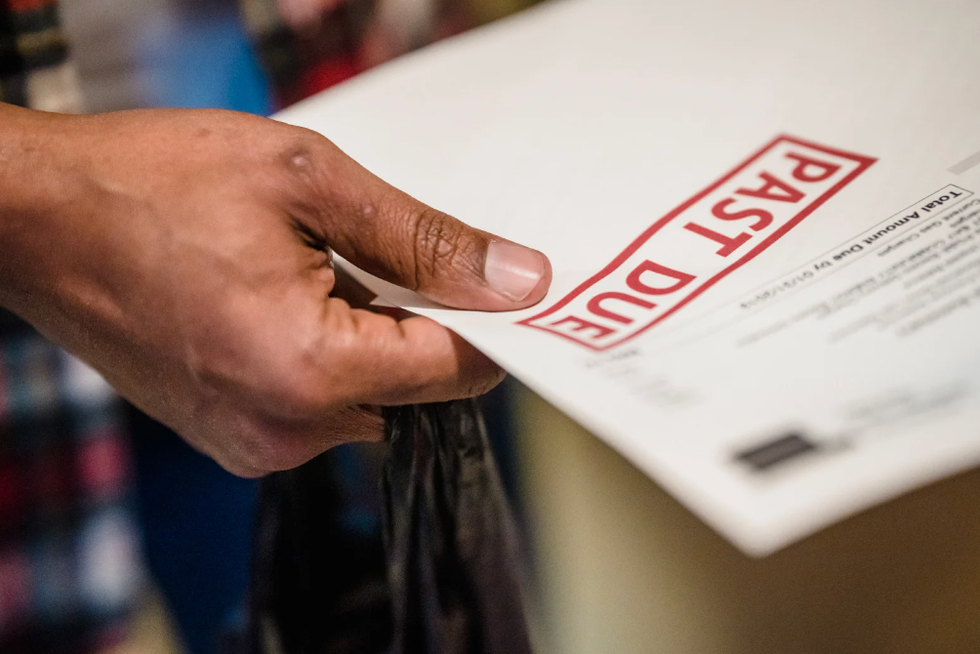 Making bill payments gets harder each year.Photo credit: Canva
Making bill payments gets harder each year.Photo credit: Canva




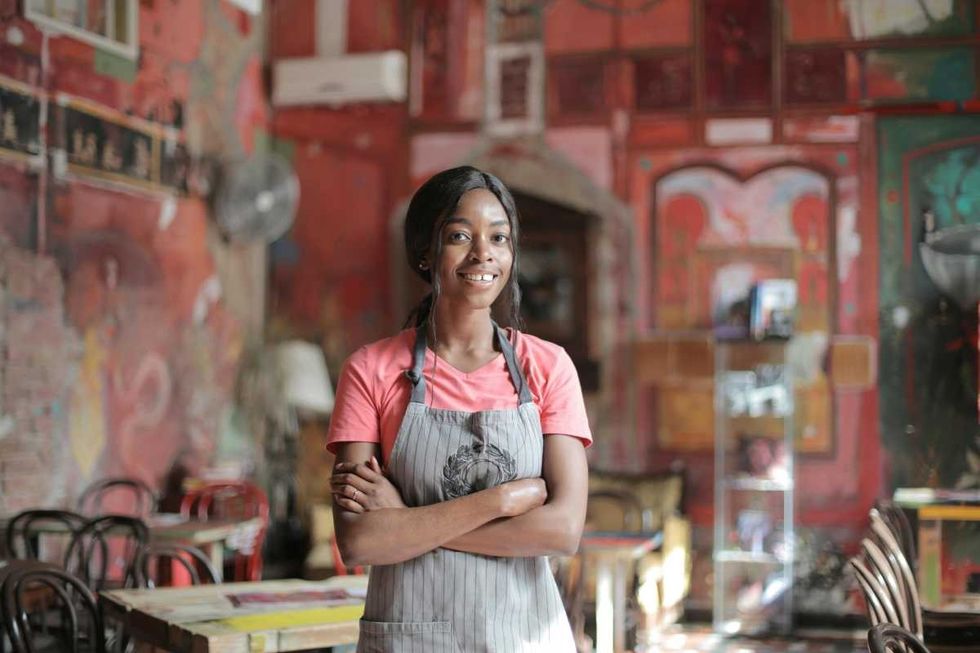 Representative Image Source: Pexels | Olly
Representative Image Source: Pexels | Olly Representative Image Source: Pexels | Pixabay
Representative Image Source: Pexels | Pixabay Representative Image Source: Pexels | Cottonbro
Representative Image Source: Pexels | Cottonbro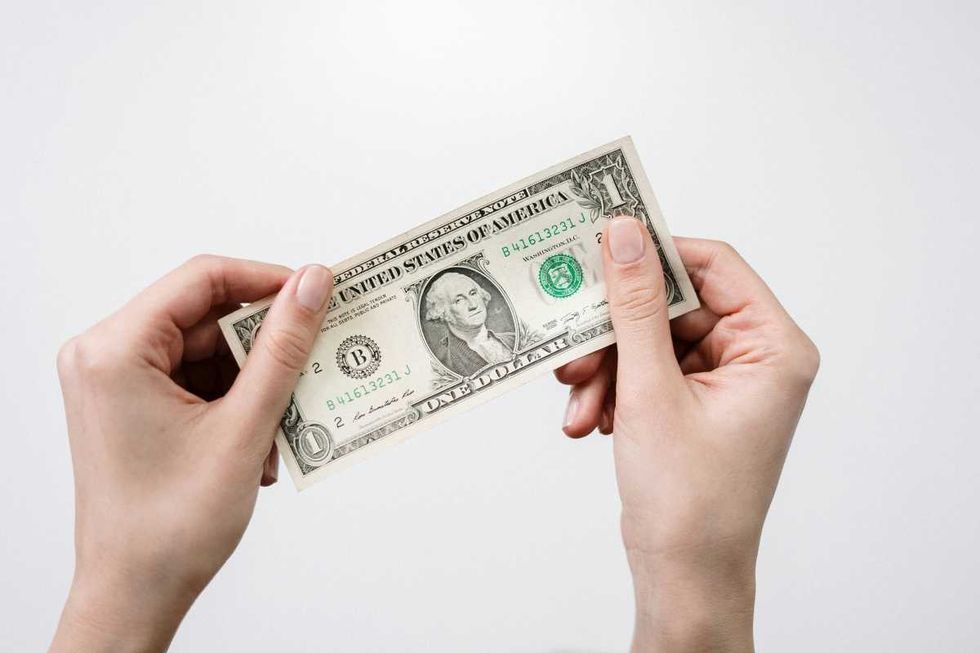 Representative Image Source: Pexels | Cottonbro
Representative Image Source: Pexels | Cottonbro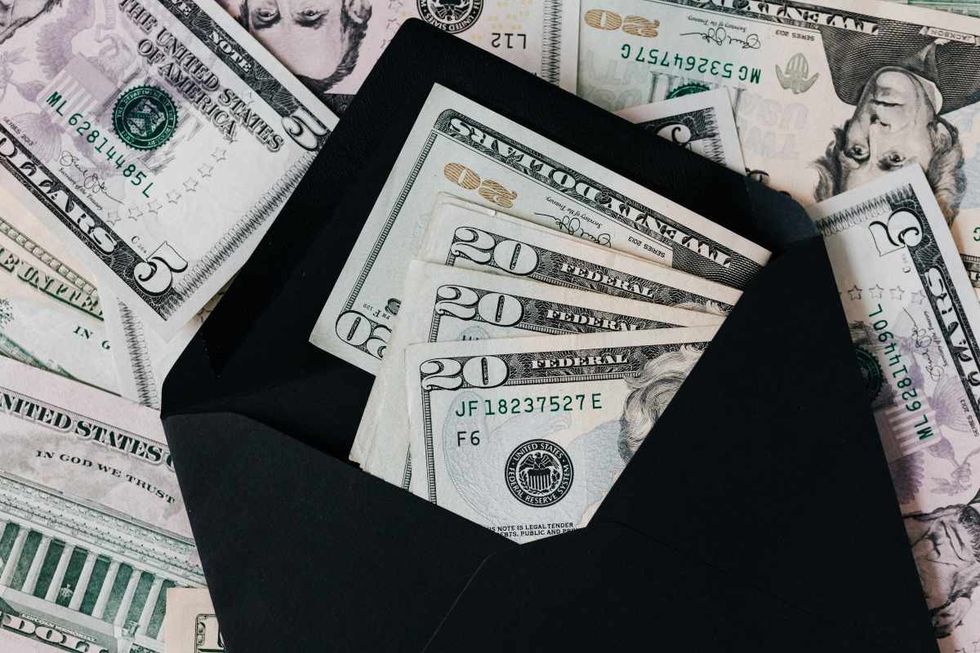 Representative Image Source: Pexels | Karolina Grabowska
Representative Image Source: Pexels | Karolina Grabowska Representative Image Source: Pexels | Jonathan Borba
Representative Image Source: Pexels | Jonathan Borba Image Source: Reddit |
Image Source: Reddit |  Image Source: Reddit |
Image Source: Reddit |  Image Source: Reddit |
Image Source: Reddit | 
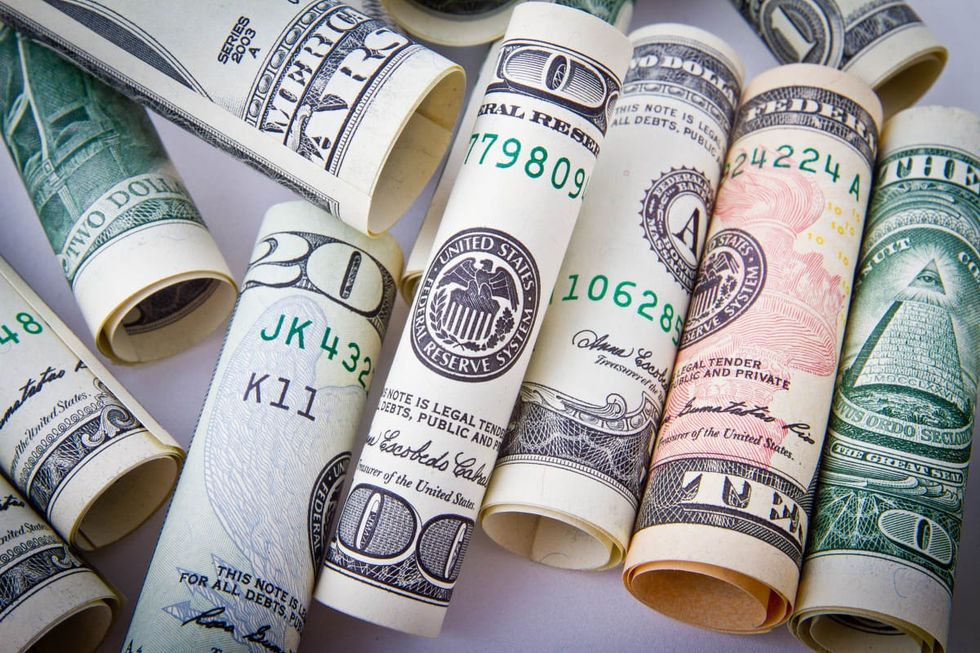 Representative Image Source: Pexels | Pixabay
Representative Image Source: Pexels | Pixabay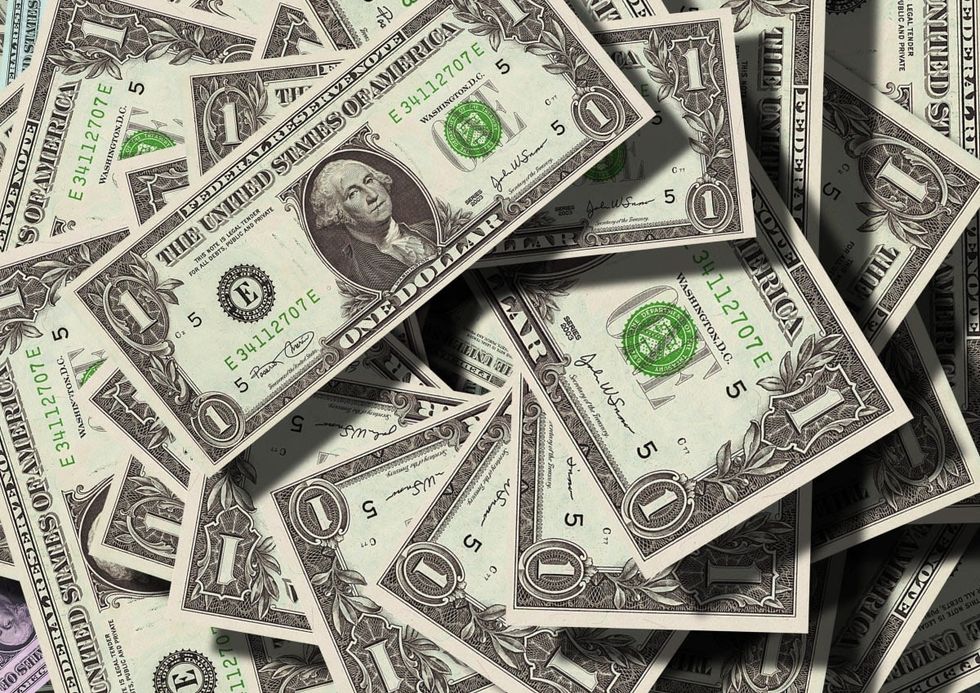 Representative Image Source: Pexels | Pixabay
Representative Image Source: Pexels | Pixabay Representative Image Source: Pexels | markus winkler
Representative Image Source: Pexels | markus winkler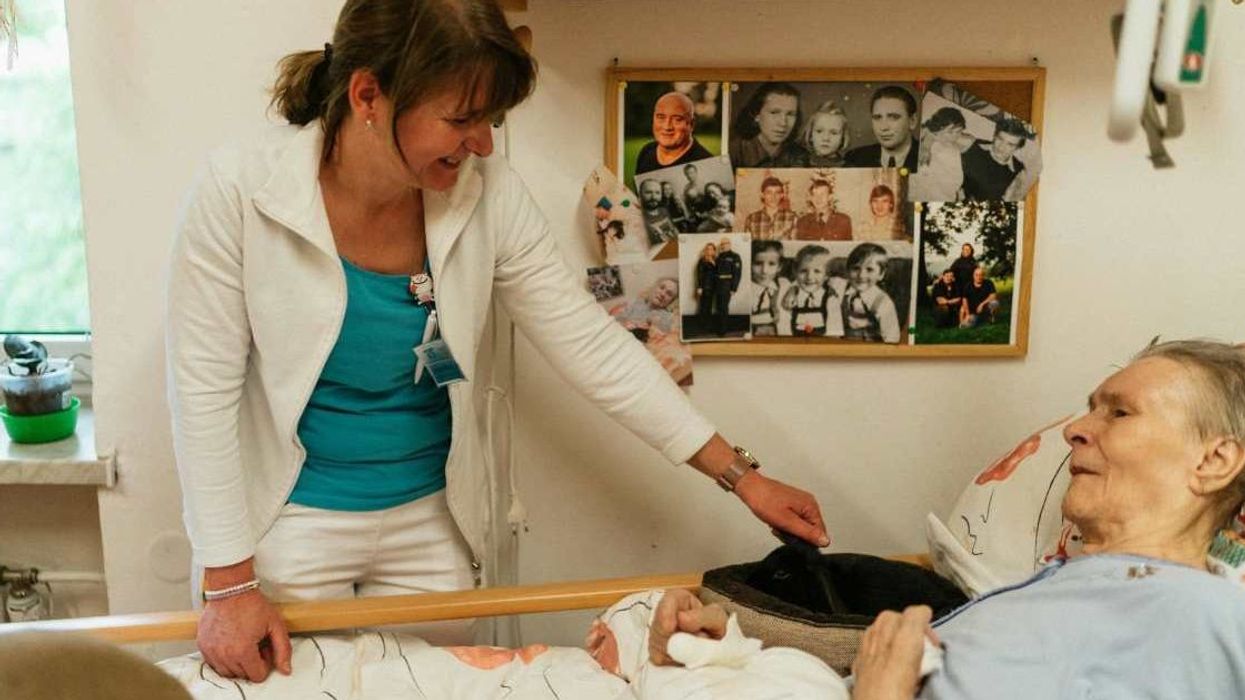
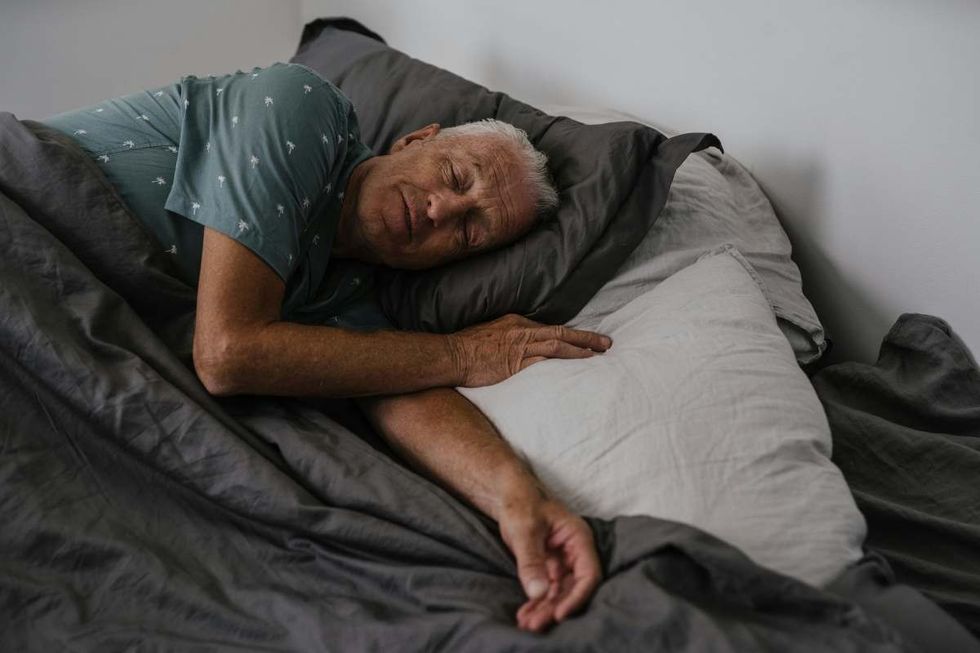 Representative Image Source: Pexels | Shvets Production
Representative Image Source: Pexels | Shvets Production Representative Image Source: Pexels | Oleksandr P
Representative Image Source: Pexels | Oleksandr P Representative Image Source: Pexels | Photo by Spencer Selover
Representative Image Source: Pexels | Photo by Spencer Selover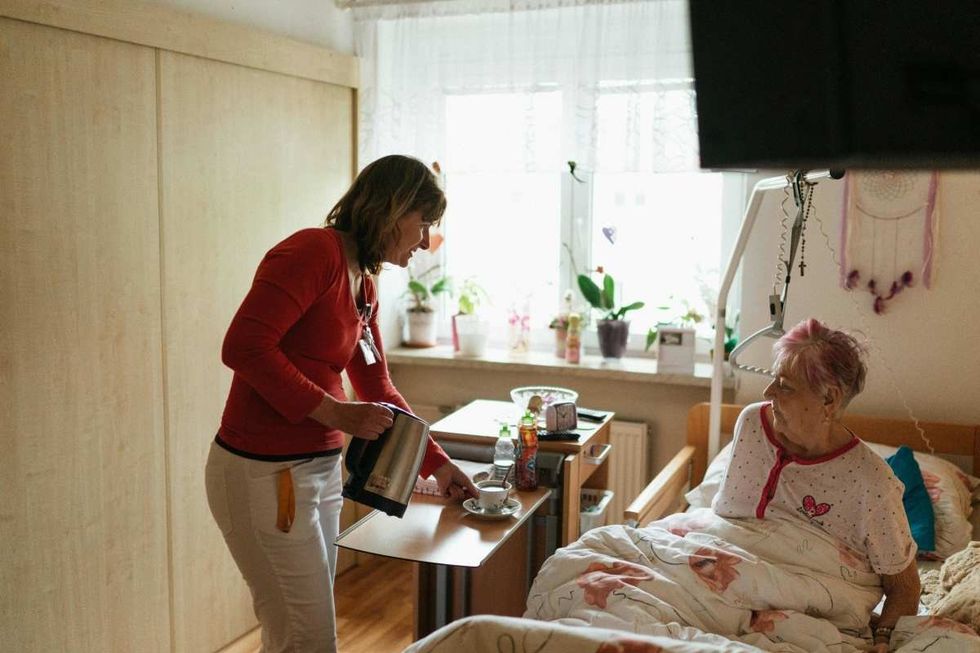 Representative Image Source: Pexels | JSME Mila
Representative Image Source: Pexels | JSME Mila